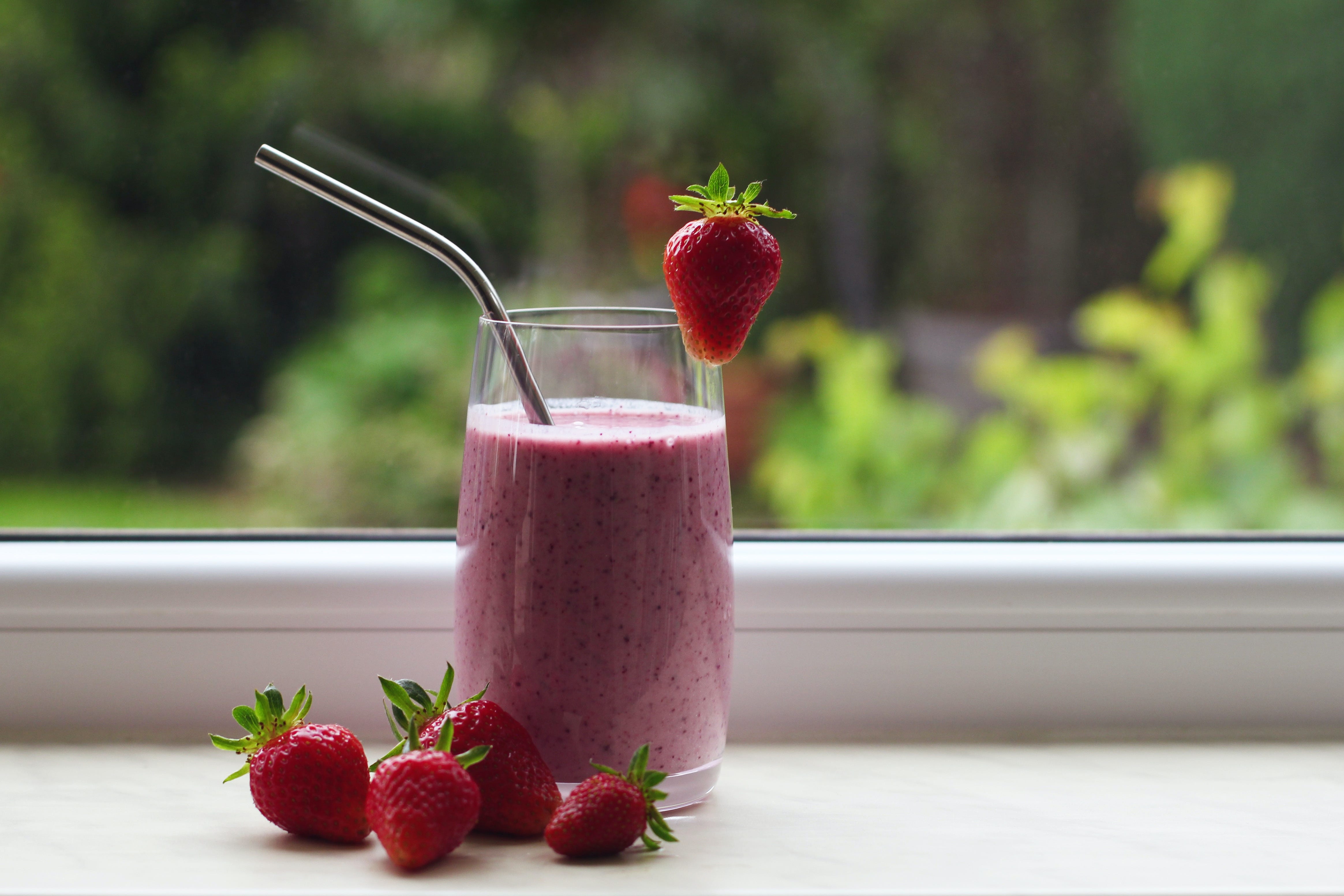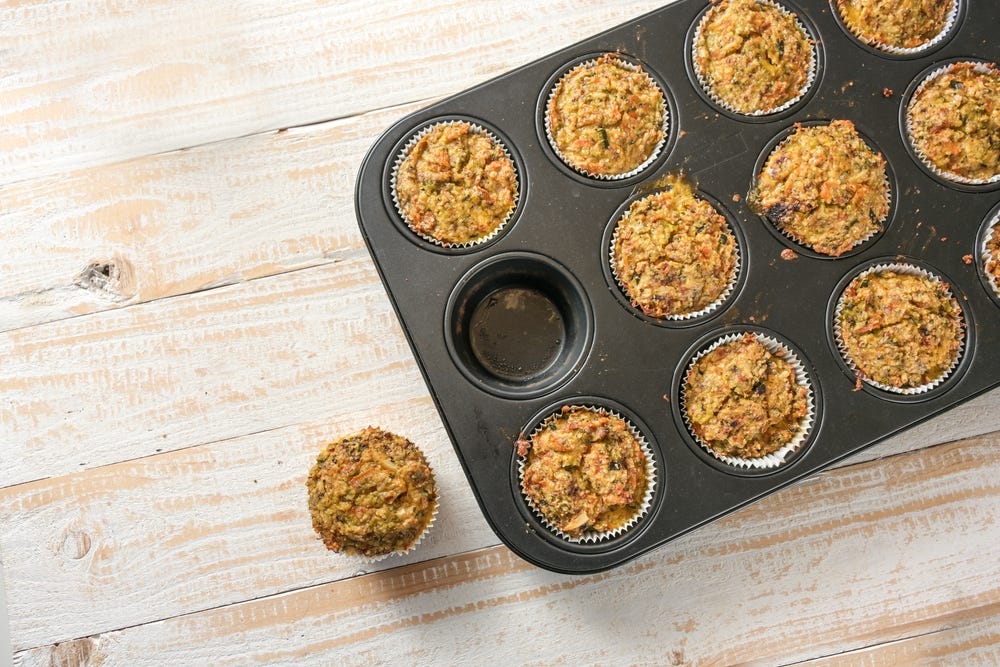
September 15th, 2023
Pregnancy is an incredible journey that requires the body to undergo numerous changes to support the growth and development of a new life. One essential mineral that plays a crucial role during this period is iron. Iron is vital for both the mother and the baby, as it helps in the formation of red blood cells and ensures optimal oxygen supply to various organs. Keep reading to understand the significance of iron during pregnancy and how you can maintain adequate iron levels during this time.
How does iron affect your baby during pregnancy?
Iron is essential for your baby's development. It helps create hemoglobin, a protein that carries oxygen from your lungs to different parts of your baby's body. Having adequate iron levels ensures that your baby receives the oxygen it needs for proper growth and cell division. If you don't have sufficient iron, it can lead to complications like premature birth, low birth weight, and developmental delays.
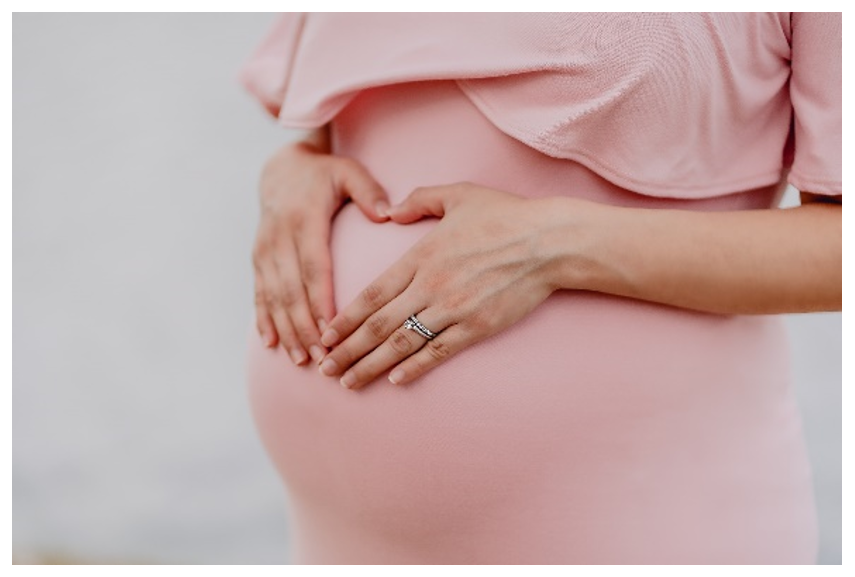

How much iron is recommended for pregnant women?
The recommended daily iron intake for pregnant women is 27 milligrams (mg) (1). This amount is higher than the average requirement for non-pregnant women (18 mg) because the body needs additional iron to support the demands of your growing baby. However, the exact dosage may vary depending on an individual's circumstances, so it's crucial to consult with your healthcare professional to determine the appropriate iron intake for your specific needs.
How to boost your iron levels during pregnancy
1. Iron-rich foods: Include foods in your diet that are high in iron, such as lean red meat, poultry, fish, eggs, legumes, tofu, spinach, kale, dried fruits, and fortified cereals. Another great tip is to pair these foods with sources of vitamin C, like citrus fruits or capsicums, as it helps your body absorb iron better.
2. Cooking techniques: When cooking, try to use techniques that retain as much iron as possible. Steaming and stir-frying are great options, while boiling may cause some loss of iron.
3. Iron supplements: If it's challenging to meet your iron requirements through diet alone, your healthcare provider may suggest an iron supplement. These supplements come in different forms and dosages, so follow your healthcare provider's advice to ensure you're taking the right supplements for your body.
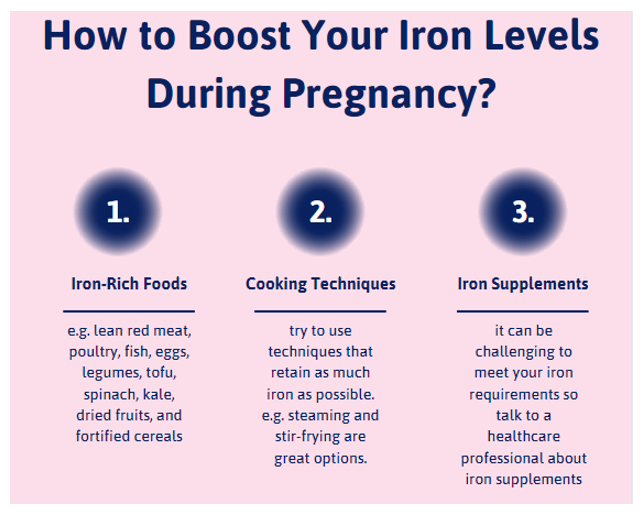

How do you know if you need an iron supplement during your pregnancy?
Your regular prenatal check-ups should include blood tests to monitor your iron levels. These tests help your healthcare provider identify if you have an iron deficiency or are at risk of developing one. Additionally, if you experience symptoms like fatigue, pale skin, shortness of breath, dizziness, cold hands and feet or chest pain, it's important to discuss them with your healthcare provider (2).
When should you start taking an iron supplement?
Ideally, it's best to start taking an iron supplement in the beginning of your pregnancy or as per your healthcare provider's recommendation. This early start helps build up your iron stores and ensures a healthy supply throughout your pregnancy. However, it is common for Australian women to be taking iron supplements well before they are pregnant as nearly 2 in 5 women aged 14-50 years old are currently iron deficient (3). If you are wanting more information on when you should start taking an iron supplement, please speak to your healthcare provider as they will guide you on the right timing and dosage for your specific situation.
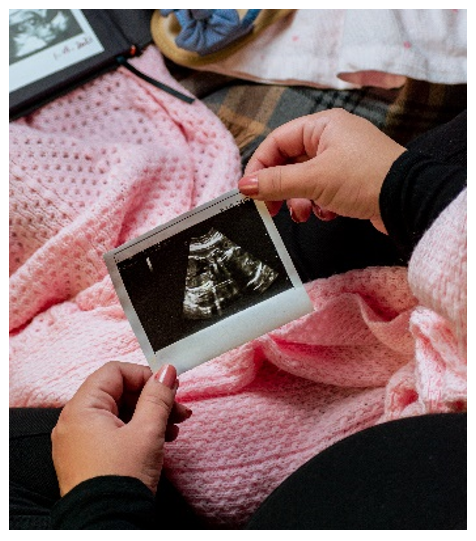

Iron plays a vital role in supporting the health and development of both the mother and the baby during pregnancy. Maintaining adequate iron levels is crucial to prevent complications and promote optimal growth. By incorporating iron-rich foods, adopting suitable cooking techniques, and considering iron supplementation, you are setting yourself up for the best chance of a healthy pregnancy and giving your baby the best start in life. Remember to consult your healthcare provider for personalised guidance and support throughout your pregnancy journey.
References:
1. National Health and Medical Research Council. Iron | Eat For Health [Internet]. eatforhealth.gov.au. 2021. Available from: https://www.eatforhealth.gov.au/nutrient-reference-values/nutrients/iron
2. National Heart, Lung, and Blood Institute. Anemia - iron-deficiency anemia [Internet]. www.nhlbi.nih.gov. 2022. Available from: https://www.nhlbi.nih.gov/health/anemia/iron-deficiency-anemia
3. Australian Bureau of Statistics. Australian Health Survey: Usual Nutrient Intakes, 2011-12 | Australian Bureau of Statistics [Internet]. www.abs.gov.au. 2015. Available from: https://www.abs.gov.au/statistics/health/health-conditions-and-risks/australian-health-survey-usual-nutrient-intakes/latest-release

